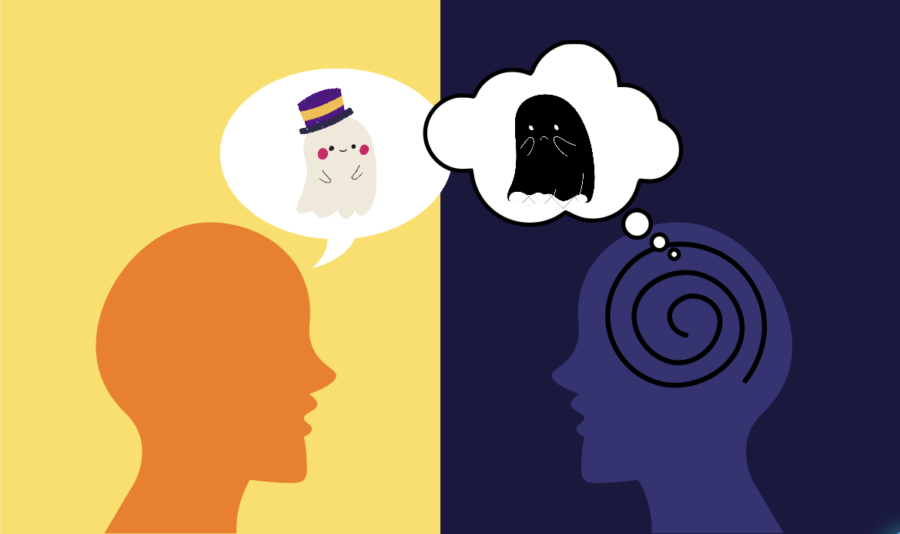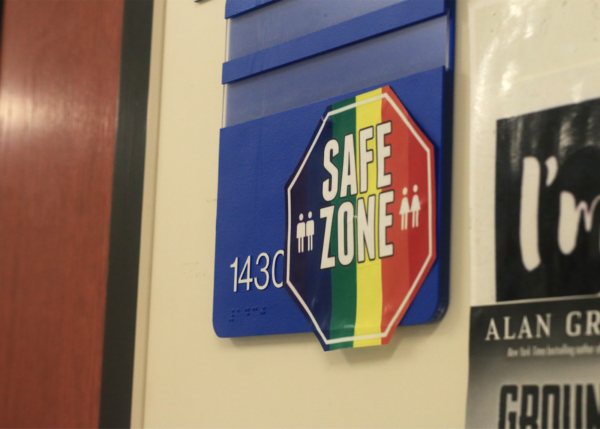Opinion: Mental health terminology shouldn’t be misused
Over the years, people have found creative methods to express themselves. At the same time, public knowledge regarding mental illnesses and abuse has grown. The overlapping of the two has led to the addition of new phrases in casual conversations. What people don’t realize is that when they use phrases associated with mental illnesses as colloquial terms, they downplay their significance.
The way mental illnesses are frequently portrayed on social media as inaccurate, problematic behaviors or personality quirks stimulates negative perceptions toward people who have them. Being tidy is compared to having Obsessive Compulsive Disorder (OCD) and being scatterbrained is compared to having Attention Deficit/Hyperactivity Disorder (ADHD). According to Healthdirect, the misrepresentation that comes with misusing words related to trauma, disorders and abuse makes it harder for people who have them to cope with their struggles. As a result, some may feel like they must hide their vulnerability, so they avoid seeking help.
Furthermore, the struggles of the people who live with mental illness and abuse prevent the words describing them from being appropriate hyperboles. Labeling something minor in comparison with it does not help emphasize an important point like hyperboles should do. Gabe Howard, a mental health activist who was diagnosed with bipolar disorder, spoke out about how hard it was to deal with society’s views. He said he was offended by bipolar jokes because they made him feel like his disorder negatively defined him.
On the other hand, if a word regarding abuse is open to interpretation, with one definition more serious than the other, it gets in the way of communication between people involved in an argument as well as those who are watching it. All of this makes it harder for people to find a solution. Gaslighting, for example, has taken on the definition of lying. In reality, it’s a form of manipulation where the abuser controls the victim by making them doubt their reality and if what they saw and heard really happened. Comparing abuse to common dishonesty disregards its significance, making it be taken less seriously.
Misunderstanding the situation at hand and accusing someone only escalates a problem, making it harder to solve. The way abuse and mental illness terms are handled determine society’s view of them, so it’s important to talk about them in a respectful and supportive manner.
Words regarding mental health and psychological harm should not be used as figures of speech. They should be used more carefully so they don’t deviate from what makes them matter – their meaning.









